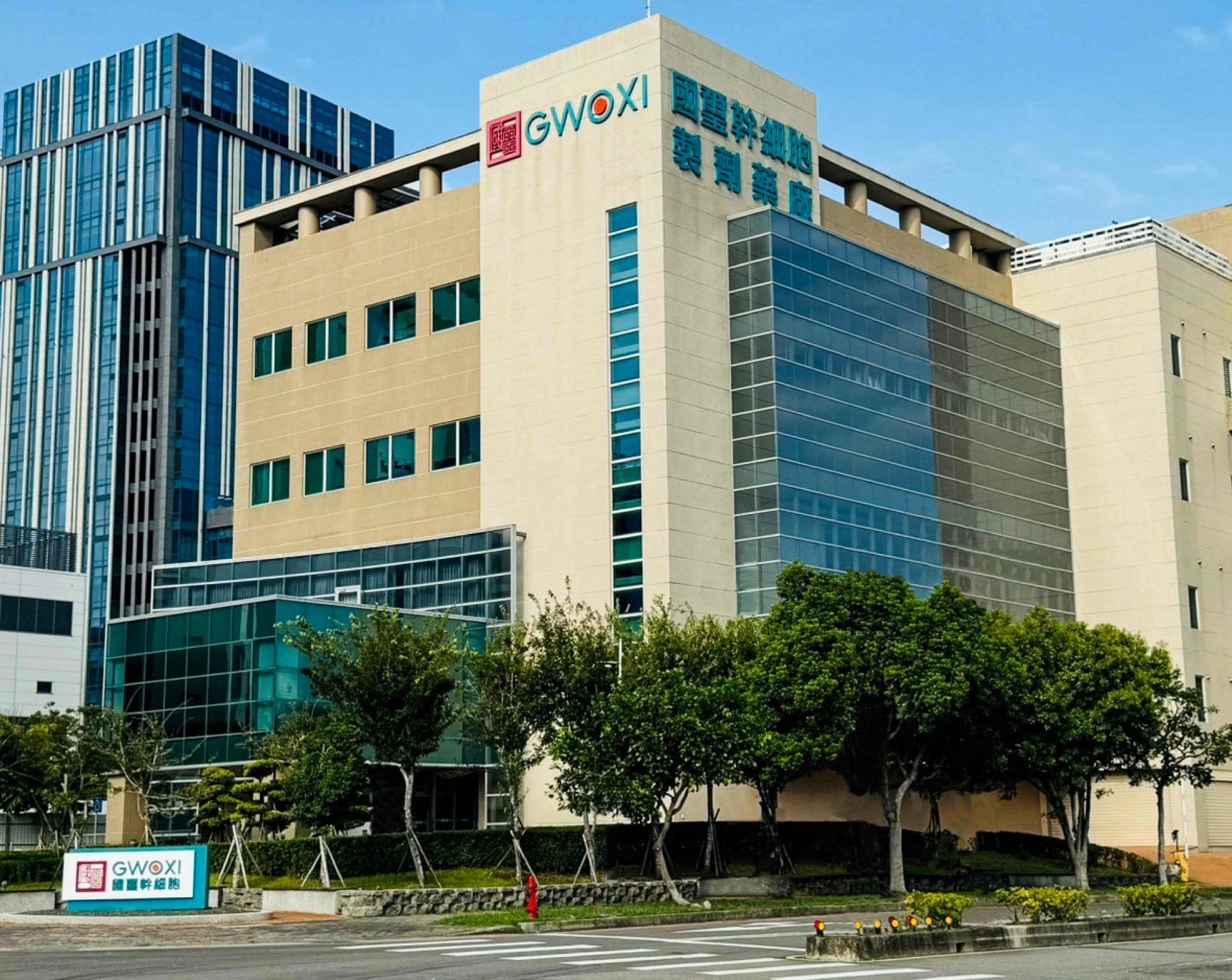
A leading domestic stem cell biotech company, GWOXI Stem Cell (stock code: 6704), announced that its stable expansion technology for induced pluripotent stem cells (iPSCs) has officially been granted a Taiwan invention patent (Patent No. I861626). This further strengthens its overall patent portfolio for the industrial and technological development of iPSCs in Taiwan and will help accelerate its commercialization timeline.
According to market research firm Precedence Research, the global medical equipment market was valued at $577.26 billion as of 2022 and is projected to reach $884.7 billion by 2030, growing at a Compound Annual Growth Rate (CAGR) of 5.5% between 2022 and 2030. Analyzing regional trends in the regenerative medicine market, the U.S. government and market have increased investment and R&D funding to accelerate the development of new regenerative medicine therapies for life-threatening and chronic diseases. This includes the recent development of nerve cell therapies, where autologous iPSC therapies for Parkinson's disease have already entered the clinical trial stage.
As for the Japanese government, it began investing in iPSC research as early as 2012. The most noteworthy recent development is a promising iPSC product—a cardiomyocyte sheet therapy for treating heart disease. In other Asian countries and regions around the world, factors such as increasing disposable income are the main drivers for the adoption of regenerative medicine in these markets.
GWOXI pointed out that in addition to its market drivers, the development of regenerative medicine also faces limitations. One such limitation is that when using gene recombination and stem cell therapies, the need to test for drug toxicity in the human body can lead to harm to animals. GWOXI's newly patented iPSC stable expansion technology overcomes this limitation by eliminating the need for feeder cells (such as mouse embryonic fibroblasts) during the expansion and culture process. This method not only avoids harming animals but also reduces various risks, such as pathogen infection or xenogeneic immune responses from other species. The iPSCs obtained using this patented technology can expand by more than 3 times and can be used directly for cell therapy.
GWOXI further pointed out that with the passing of Taiwan's two regenerative medicine laws this June (2025), the company will leverage the government's initiatives to enter the iPSC technology field. By creating a strong patent portfolio, it aims to develop more niche markets and collaborate with strategic partners to jointly advance onto the world's biomedical stage.
